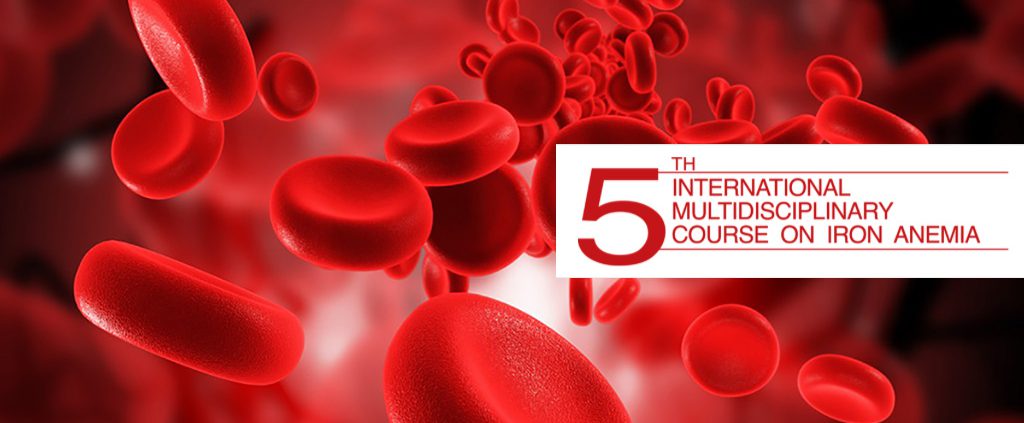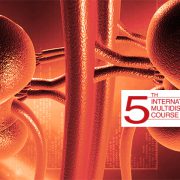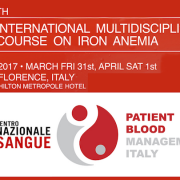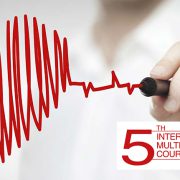5th IMCIA: Focus on Anaemia and Oncohaematology
The in-depth analysis of topics is going to continue in the programme at the 5th Congresso Internazionale Multidisciplinare (International Multidisciplinary Conference) on iron-deficiency anaemia to be held in Florence starting next 31 March to 1 April.
After Professor Sandro Barin has presented his arguments regarding Patient Blood Management (PMB) as a holistic approach to managing blood resource management for each individual patient in order to reduce the transfusion requirements and saving on the blood reserves used, we want to shift the focus to the field of anaemia within the scope of oncohaematology.
Why is it important to talk about anaemia in association with oncology? With the recent developments in research associated with the use of sucrosomiale® iron in oncology patients, what are the benefits of discussing patient type?
«Blood is a precious resource and therefore, the less used and the better it is transfused is better for all. Anaemia “occurs” along with oncology in the sense that many oncology patients are developing anaemia beforehand or then during the course of the disease due to the treatments and chronic inflammation that originates from cancer: it is basically an inflammatory stimulus and the more inflammation, the more anaemia there is. The problem arises of how to treat these forms of anaemia, possible those forms that are more minor and asymptomatic in nature, the statuses of which could plummet if not treated at an early stage. Literature demonstrates that performing transfusion when it is not necessary is not only bad, but is probably damaging to cancer patients. Moreover, intravenous iron formulations have always been considered to be “dangerous” by a great majority of oncologists within the scope of treatment because the risk of suffering from allergic reactions is always possible, even though it is low. On the other hand, oral iron preparations of the old generation have always shown to be poorly tolerated by our patients, mainly because of nausea and diarrhoea. Therefore, here is the research regarding new formations that are less toxic and more effective. sucrosomiale® iron unites efficacy with tolerability. Intravenous iron has always been considered the best formulation to associate with erythropoietin to increase the haematological response in patients. Many studies are demonstrating that sucrosomiale® iron is capable of effectively increasing haemoglobin and therefore allows for at least a viable haematological response to be achieved that is equal to that of intravenous iron. Therefore, why not substitute parenteral iron in favour of sucrosomiale® iron in our oncology clinics? This would allow us to save on time, costs, and clinical risk associated with infusion with at least an equal amount of success».
This year, we are going to have a new run-time format for the deep analysis of the oncology field: what is changing and why?
«We are starting off Saturday with a round table consisting of eight experts who will giving an oral presentation on the oncological haematology consensus statement and that we hope will be shared by all.
The document has been edited by oncological haematology specialists of various nationalities who have been participating in the event for quite some time and who are hoping to publish in the next few months. One type of expert opinion paper that deals with 10 hot topics in the field of oncological haematology with one eye focusing on clinical factors and another on a pharmaceutical economic assessment».








